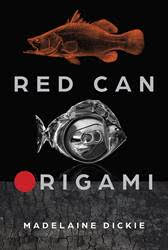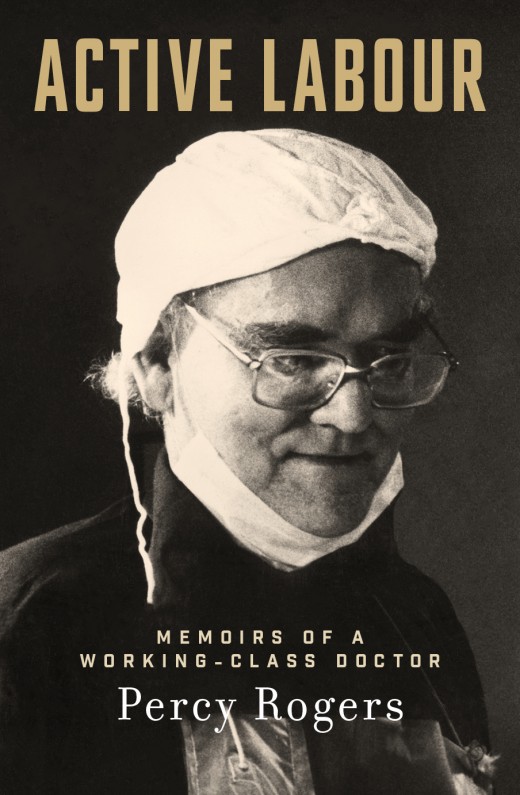
This is the question I’m constantly asked by writers who approach me for an assessment of their unpublished manuscript. It is imperative that a well-crafted manuscript is submitted to publishers or literary agents. Commissioning editors for publishing houses and literary agents will stick around for the first couple of chapters, but if they’re not hooked, or a few red flags […]

Self-editing one’s own writing is an important step in the writing process, but it’s hard to be objective, and there comes a time when engaging a professional editor is worth the financial outlay. Although using an AI writing generator may suit some writing projects such as letters, social media posts, manuals and handbooks, there are drawbacks if your project is […]

Maybe you are reading this article because you’re almost ready to have the final draft of your thesis or academic book/research paper edited, copyedited or proofread. You have put in the hard yards: read, researched, written, reviewed, revised, rewritten and carefully edited, checking that your arguments and research really get you, logically and clearly, from the aims to the conclusions. […]

Verbs are the engine of writing. When editing or reviewing, I often ask writers of both fiction and non-fiction: ‘Do you think critically about your choice of every verb in every sentence?’ The majority of answers are something like: ‘sometimes’ or ‘I don’t give them much thought because I’m focused on the flow of the sentence’. So many writers are […]

If you’re ready, or nearly ready, to have your writing (fiction or non-fiction, thesis or academic paper) proofread (or lightly edited), then why not contact me with a brief overview of your project and any specific requests for assistance (such as a looming deadline or the need to stop writing!). I understand that it takes courage to hand over one’s […]

Successful writers make sure every word they choose is the right word, that every phrase adds meaning in the most economical way, and that the length and rhythm of sentences suit the mood of the narrative or the content of non-fiction writing. The long-winded ‘journey’ sentence, often punctuated with too many stops and starts can be excruciating. Readers can lose […]

To hyphenate or not to hyphenate? That is the question . . . Joining words with hyphens is becoming less frequent as many are now being fused as they become more well known, such as proofreader and girlfriend. However, when two words together modify another word, they are often hyphenated. For example, in the phrase ‘large-scale installation’, the words ‘large’ […]

Although ‘principle’ and ‘principal’ sound the same, as do ‘past’ and ‘passed’, they are often used incorrectly in a sentence. These two pairs of words are called homophones — two or more words that sound the same (identical pronunciation), but have different meanings and sometimes different spellings. The term homophone comes from Greek ‘homo-’ (same) and ‘-phone’ (sound), so the […]

When I am approached by a writer about her or his writing project, I am always curious. I try to gain an understanding of what motivates the author to write about a certain subject or character. Even though there may be a deep desire to write a specific story that focuses on a theme or satisfies a genre that interests […]

Many writers are often unsure whether to hyphenate or not to hyphenate a descriptive word combination in a sentence. We all know there are often exceptions to a ‘rule’ in grammar-talk, and many word combos that have required a hyphen to separate them in the past, such as ‘on-line’, ‘stand-alone’ and ‘proof-reader’, are now morphing into one word. When editing […]













